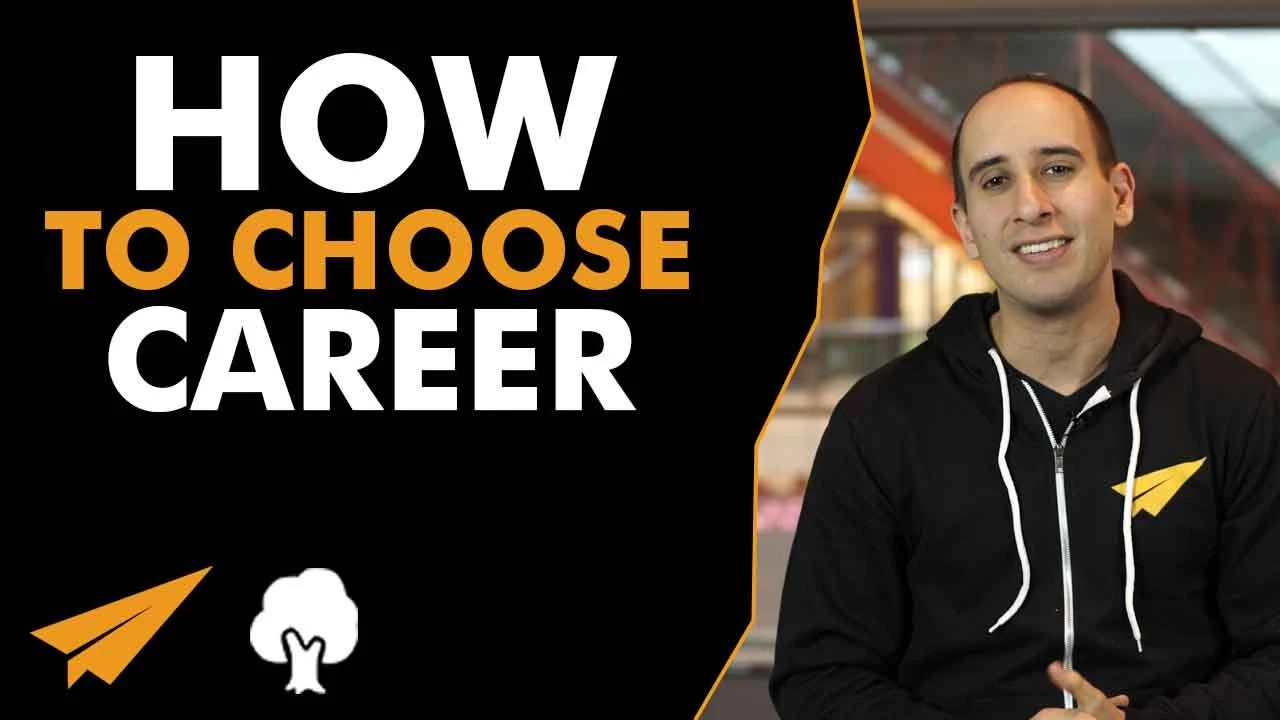Choose the Right Career is an important life decision, because it not only represents an income, it may also have a profound impact on how we view ourselves and our status in society.
Stage of Choose the Right Career
Usually people do not need to make a career choice until the late youth or early adulthood. Before this, the foundation of the choice may have been formed. This foundation is built on personal ideas about work, early work experience, education and training received, and some positive (or negative) role models in the past.
The researcher pointed out that people may go through the following three stages in Choose the Right Career:
- Magic wanted to stage (children to 11 years old)
selection is based on fantasy rather than fact or ability. Children fantasize about becoming policemen, firemen, astronauts, teachers, etc. They usually agree with their parents’ occupations or some characters seen on TV. - The trial period (11-17 years old)
At this time, young people will make trial choices based on their interests, abilities and opportunities. The main consideration is interest. Do you remember writing an article about “My Volunteer” in the sixth grade? Was your volunteering the same as your current job? In the future, ability and training will become prerequisites, and finally, personal values will also influence choices. - The rational choice period (from the age of 18 to adult) is
when personal preferences are tested in the world of work, and they begin to understand the limitations and opportunities in the real environment, so they narrow the scope of choice and prepare to make a decision. Finally, put in a goal and start working.
Choosing the “right” occupation
In the past, people were either forced to enter a certain industry or had limited choices. There were male-only occupations, such as construction workers, decoration workers, and engineers; there were also female jobs, such as teachers, nurses, and flight attendants.
Wait. Today, there is a wider range of choices in all walks of life, and the degree of freedom for individuals to choose a profession is relatively increased; but it is not easy to choose a “suitable” profession. When choosing a career, we should consider both personal and professional characteristics.
Personal traits
- What do you want to do? Including personality, interests, motivations, and values. Do you like working with people or related to things? Stressful or relaxed work? How to help yourself grow, etc.
- What can be done/learned to do? This includes personal knowledge, skills, potential, special abilities, or are there physical and mental limitations?
- How is the economy? Can families afford college tuition or other course fees?
Professional Characteristics
- Job requirements and conditions: including training, skills, creativity, social skills or physical endurance.
- Remuneration for work: including remuneration, social status, promotion or further education opportunities.
- Future development: including the short-term and long-term development of the organization. Will there be internet service in the plan? What’s the future?
The most ideal combination of personal and professional traits
is that personal traits can match with professional traits. Are the requirements of this job commensurate with personal abilities and interests? Does the reward match the individual’s wishes? Does he expect to contribute to work and achieve self-realization in the future?
The theory seems reasonable, but it is very difficult to implement it. Because most young people do not know much about the world of work, they may rely on past stereotypes of various industries or be influenced by their parents’ expectations when choosing a career.
For example, lawyers are eloquent people in court, while doctors work hard every day and make a lot of money. In fact, these impressions are superficial and not necessarily correct.

